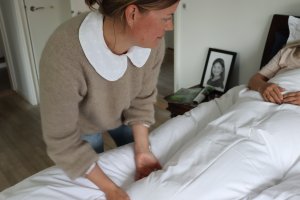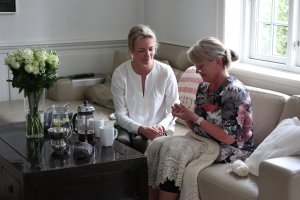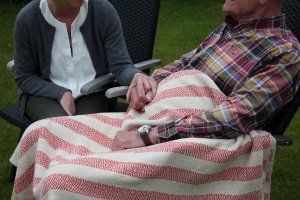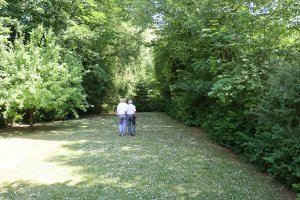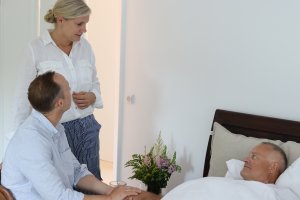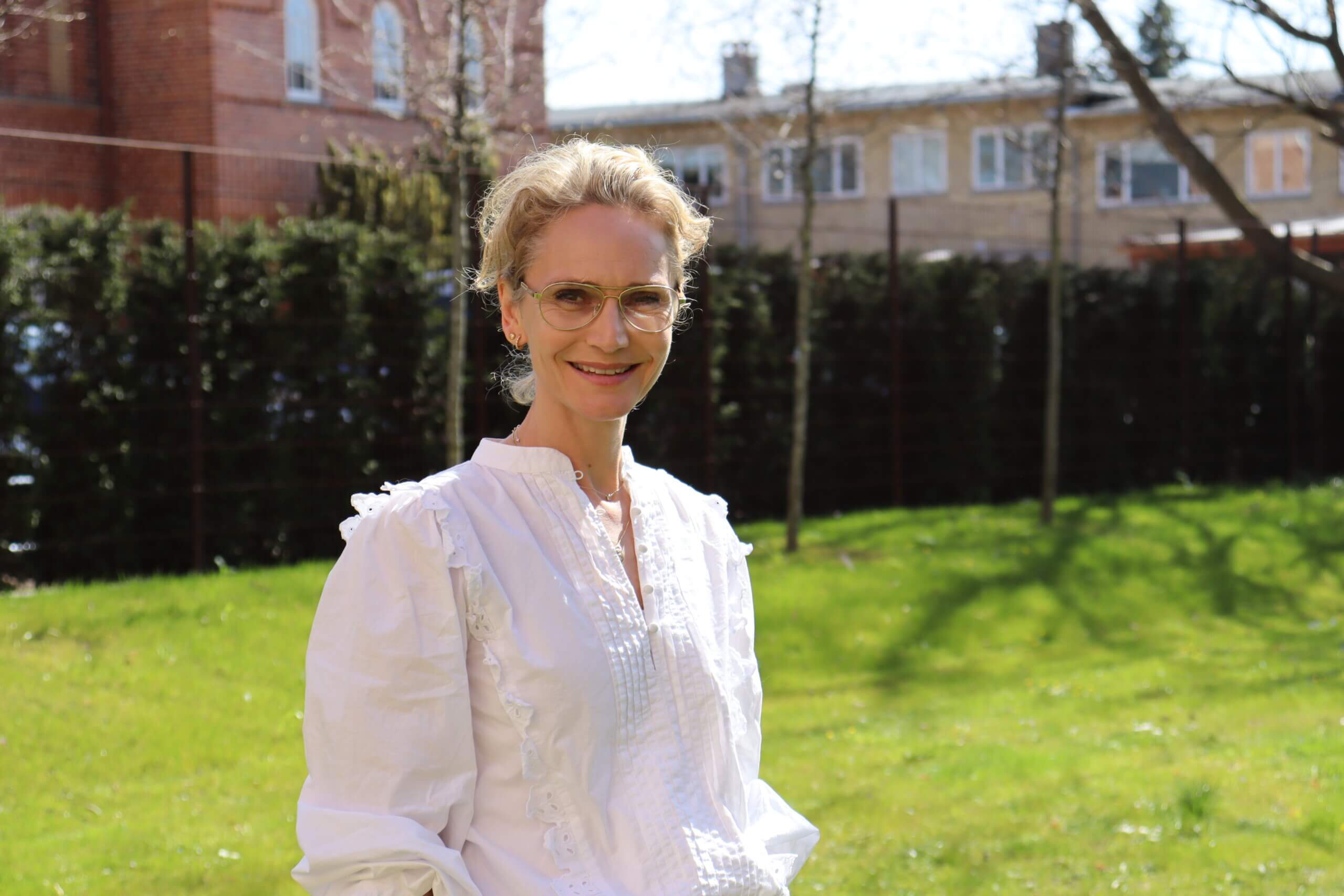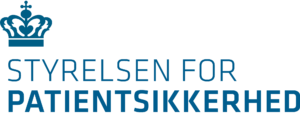When Erik developed Parkinson's, he could hardly get out of the house. Today, with the help of a private nurse, he can visit friends, exercise and go to the cinema and a concert
“He was so afraid of falling that he could hardly get out of the house. In addition, he was sad, pale-skinned as a result of unhealthy eating habits and very tired as he did not get any sleep at night,” Dorte Maria Kousgaard, a private nurse at Privat Sygeplejerske ApS, says. For almost a year she has been coming twice a week to see Erik, an elderly man in his late 70s with Parkinson’s disease.
Erik has previously had an active life with a job and family. He has also run orienteering and traveled frequently. But when he developed Parkinson’s disease in his early 70s, things fell apart. His legs got watery and it cost him a lot of energy to go to the toilet three times a night. He didn’t get enough to eat either, as he didn’t feel hungry. As he also had no relatives at the time, there was no one to help him and he was too tired and sad to contact his doctor and public nursing to get the right medication and training.
Finally, he called Privat Sygeplejerske ApS, who then sent Dorte Maria Kousgaard to him.
“We made sure he got help from the public sector, including home care, occupational therapy, and physiotherapy. Not least, we made contact with the neurologist and helped him so that he was able to see his own doctor and become well-medicated. Today he can drive himself to the shops, visit his friends, get a haircut and go to the cinema and a concert. He has a completely different quality of life with private nursing.” Dorte Maria Kousgaard says.
She also had a flask installed so he didn’t have to go to the toilet three times a night. Today he is much more energetic as he sleeps at night. He has also had emergency calls installed, so he is comfortable being alone at night. Read more about how Privat Sygeplejerske ApS can help with 24-hour care.
Patients must be well medicated
Dorte Maria Kousgaard uses her nursing background and experience to assess where she can best help a Parkinson’s patient and how the patient can get help from the public health system.
Parkinson's disease develops due to the gradual destruction of the cells that secrete the neurotransmitter dopamine. Lack of dopamine causes the patient to have slower movements and motor challenges
Dorte Maria Kousgaard, privat sygeplejerske
For example, without the right medication, you may find it difficult to control your legs. The patient may also have memory and sleep problems and more mood swings than others.
“You also find it hard to understand the change in your behavior and can easily become a bit sad and tearful. When they stand still, they can turn in on themselves.” Dorte Maria Kousgaard explains.
Parkinson's patients need structure
The most important thing is therefore to give the patient structure and calm. There must not be too much noise and it must not go too fast.
Parkinson's patients need support to take one thing at a time, motivate them and get their lives organized. First of all, they need to be well-medicated, but exercise is also really important. In addition, the patient must have a setting for a good sleep
Dorte Maria Kousgaard, privat sygeplejerske
If you as a relative want to help a patient with Parkinson’s disease, the starting point is patience. Dorte Kousgaard knows this because not only is she a nurse, but her father also has Parkinson’s, although it’s not as severe as Erik’s.
“As a relative, it requires patience and surplus. Parkinson’s patients need psychological support and help to organize medication and exercise. The reward is that they can easily live a good life if they are well medicated and exercised,” Dorte Maria Kousgaard says.
Read more about Parkinson’s disease in our article help for people with Parkinson’s disease.
Can stay in own home
When Erik called Privat Sygeplejerske ApS, he was afraid he was going to a nursing home. He is now registered in a nursing home, but Dorte Maria Kousgaard thinks he can easily live in his own home for a while longer.
“It’s amazing what’s happened to him. We still help him for about eight hours a week with small projects like tidying up, washing clothes, shopping, and remembering things. He feels a sense of security that we’re coming, but otherwise he’s on his own.” Dorte Maria Kousgaard says. Read more about Privat Sygeplejerske ApS’ care and reassurance visits.
Erik is a fictitious name. He did not want his name included in the article and did not want to be quoted himself, but has agreed to let Dorte Maria Kousgaard tell his story.
If you want to know more about what we can do for you or your loved one with Parkinson’s disease, feel free to contact us.

